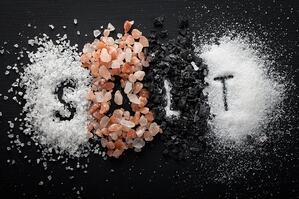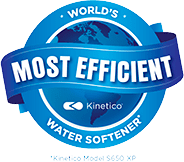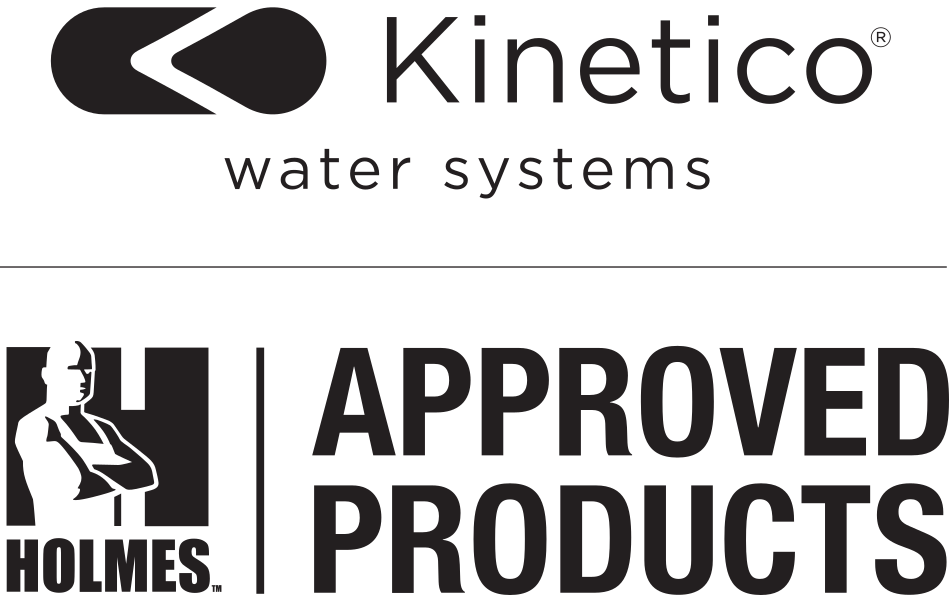Pellets, crystals, and block salt, oh my! Rock, solar and evaporated salt, oh dear! There are so many varieties of salt sold for water softeners, it can be difficult to know what makes them different and which one is best for your water system. Don’t worry, we’ll dissolve those issues for you.
Shape Matters
The kind of salt used in most softeners is sodium chloride, but salt is available in a variety of shapes, from little granules of table salt to big chunks of block salt. And the shape matters. For instance, table salt isn’t appropriate for your softener because the tiny granules will turn into mush before the salt can do its job. Block salt isn’t recommended for water softeners, either. Why? Because the pieces are so big, it’s hard to maintain the proper level to keep the salt fully submerged.
That leaves crystals and pellets, the most popular shapes of water softener salt. What’s the difference? Salt crystals are smaller and irregularly shaped because they are made by evaporating salt water in shallow outdoor ponds, leaving a layer of natural salt crystals. Salt pellets are larger and made by compacting the salt granules to form larger pellets or tablets. Because of their size, pellets are less susceptible to bridging — clumping up in one big chunk and keeping your softener from working properly.
Purity Matters
Sodium chloride is the key ingredient in water softener salt because it’s the sodium ions that exchange with calcium and magnesium ions to reduce hardness. Much like diamonds, the purer the better, so before you buy your next bag of water softener salt, educate yourself on the differences. Here are your options:
- Rock Salt — This is raw salt that is mined underground. It isn’t pure because it contains insoluble minerals that your water softener may not remove. That means you’ll probably have to clean your device more often to remove those left-behind minerals yourself. Rock salt comes in crystals and is typically the cheapest salt available at the store, but unless you want to spend extra time cleaning your brine tank, you’re better off using it on the sidewalk in the winter than using it in your water softener.
- Solar Salt — If you put seawater in a container out in the sun and let the moisture evaporate, you get sea salt (also known as solar salt). Because of the way it is made, solar salt has fewer impurities. It works well because it dissolves quickly. Solar salt is available in both crystals and pellets. Most solar salt brands are up to 99.6% pure, which sounds pretty good until you realize at least 4-tenths of a percent of your “salt” is still dirt or other impurities. That’s better than rock salt, but not quite as pure as evaporated salt.
- Evaporated Salt — This is the most purified salt available. Raw salt is dissolved, then treated with heat to extract the moisture. This process results in sodium chloride which is virtually 100% pure. That purity makes it the most effective water softener salt and reduces the risk of salt bridges forming.
Salt Level Matters, Too
The amount of salt you will need over time depends on how hard your water is and how much water you use. And different types of salt dissolve at different rates. The key to water softener happiness is ensuring that the salt level never drops below the surface of the water. In fact, it should be 3-4 inches above the water.
Look inside your salt tank or brine tank at least monthly to check the water level — more often if your device is working hard. If you see water, it’s time to add salt.
If you see salt crystals building up on the inside surface of the tank, that’s the “salt bridging” mentioned previously. Bridges form due to excessive salt replacement or because your water softener has not been properly maintained. You can scrape them off with a stick (think broom handle) — they’ll fall back into the tank where they can be used. Really, though, you should clean your tank properly on a regular basis, as recommended by the manufacturer.
For the sake of your water softener, your hair, your clothes, and your shower walls, we recommend evaporated salt because its purity makes it the most effective, and you’re less likely to experience salt bridges.









